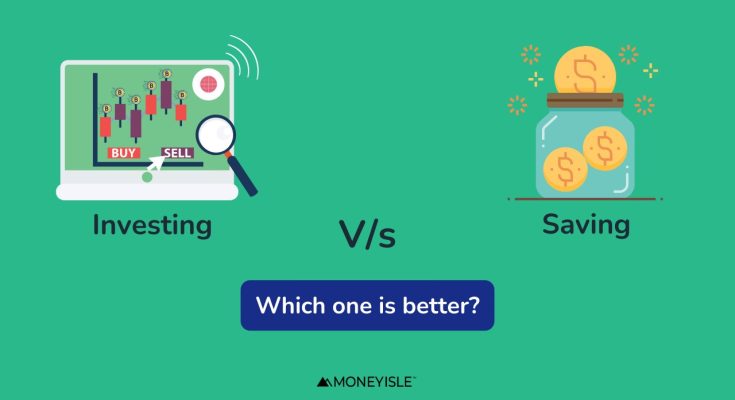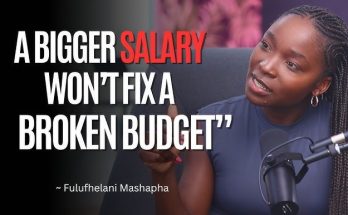There’s a common narrative in personal finance that investing is the ultimate path to wealth, and while that’s often true over the long term, it overlooks a critical foundation: saving. In certain situations, saving is not just more practical—it’s more important. It’s the difference between being financially prepared and financially exposed. Investing may offer higher returns, but saving offers liquidity, stability, and peace of mind. Sometimes, the smartest financial move isn’t chasing growth—it’s building a cushion.
The distinction between saving and investing isn’t just about where you put your money—it’s about what you need from it. Saving is about accessibility and security. It’s money you can reach quickly, without risk, when life throws you a curveball. Investing, on the other hand, is about growth and long-term planning. It’s money you’re willing to leave untouched, often for years, in exchange for the potential of higher returns. Both are essential, but they serve different purposes. And when your immediate needs or financial foundation aren’t secure, saving takes priority.
Consider someone who’s just starting out financially. They may be tempted to jump into the stock market or crypto, especially with all the buzz around fast gains. But without an emergency fund, that strategy is risky. If their car breaks down or they lose their job, they may be forced to sell investments at a loss or take on debt to cover expenses. In this case, saving isn’t just a conservative choice—it’s a strategic one. It provides flexibility and protects against volatility. It’s the buffer that allows investing to be a choice, not a necessity.
Liquidity is another reason saving can be more important than investing. Life is unpredictable, and having cash on hand allows you to respond quickly. Whether it’s a medical bill, a family emergency, or an opportunity that requires upfront capital, savings give you options. For example, someone who wants to take a career break or relocate for a new job needs funds that are readily available. Investments tied up in retirement accounts or subject to market fluctuations may not be accessible without penalties or losses. Saving ensures that you’re not locked into a financial strategy that doesn’t match your current reality.
There’s also a psychological benefit to saving that’s often overlooked. Knowing you have money set aside creates a sense of security that influences how you make decisions. It reduces stress and allows you to take calculated risks. For instance, someone with a solid savings cushion may feel more confident negotiating a salary, starting a side business, or investing in professional development. That confidence isn’t just emotional—it’s financial. It stems from the knowledge that you can handle setbacks without derailing your progress.
Timing plays a role as well. There are moments in life when saving is simply more appropriate than investing. If you’re planning a major purchase in the next year or two—a car, a wedding, a home down payment—saving is the safer route. The market may rise or fall, but your timeline doesn’t change. Putting that money into volatile assets could jeopardize your plans. In these cases, the goal isn’t to grow your money—it’s to preserve it. Saving ensures that the funds will be there when you need them, regardless of market conditions.
Debt is another factor that can tilt the balance toward saving. If you’re carrying high-interest debt, focusing on saving to avoid further borrowing may be more beneficial than investing. For example, someone with credit card debt at 20% interest is unlikely to beat that return in the market consistently. By saving and using those funds to pay down debt, they’re effectively earning a guaranteed return. It’s not as glamorous as investing, but it’s often more impactful. Eliminating debt frees up cash flow and reduces financial pressure, creating a stronger foundation for future growth.
That said, saving doesn’t mean avoiding investing altogether. It means recognizing when saving is the more strategic move. It’s about sequencing—building a financial base before reaching for higher returns. Once your emergency fund is in place, your short-term goals are funded, and your debt is manageable, investing becomes not just viable but powerful. At that point, you’re not investing out of desperation—you’re investing from a position of strength.
Ultimately, saving is about control. It’s about having the resources to make decisions on your terms. Investing is about potential, but saving is about readiness. And sometimes, readiness is the more valuable asset. It’s what allows you to weather storms, seize opportunities, and move through life with confidence. So while investing may be the engine of long-term wealth, saving is the fuel that gets you started and keeps you going. And in certain seasons of life, that fuel is exactly what you need most.



